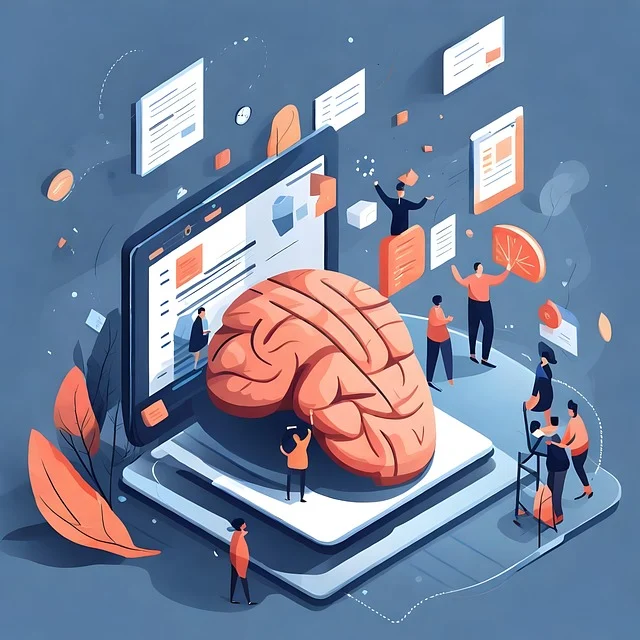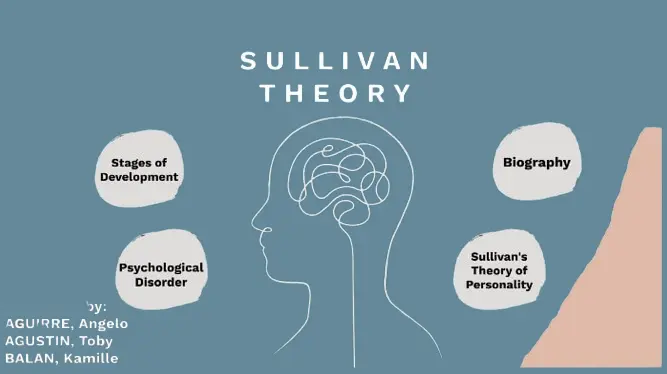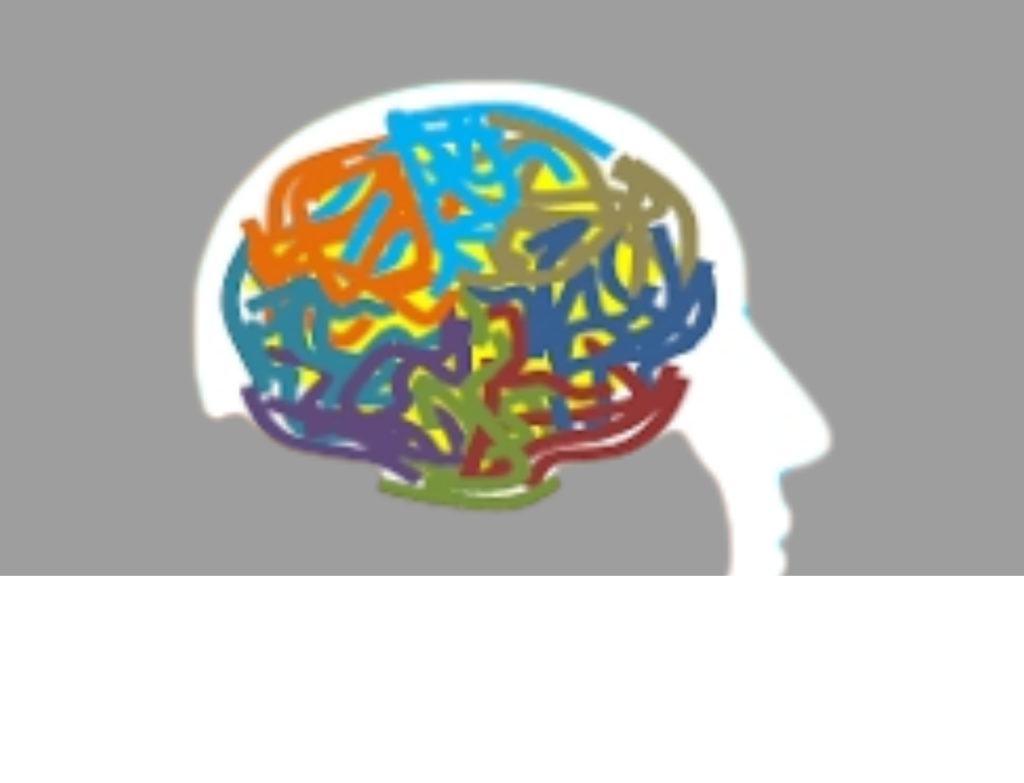Understanding the causes of motor speech problem is essential for effective treatment. Speech motor planning is the process of formulating an idea, organizing its expression, and then articulating it. The strength and muscles required to move the jaw, tongue, and other speaking-related muscles are referred to as muscular tone.
What is motor speech disorder?
motor Speech problems are characterized by weakness or decreased coordination in the muscles required for speech production. Phonological difficulties and cognitive-linguistic deficits (problems understanding or utilizing language) may or may not be associated with difficulty creating words.

A speech-language pathologist evaluates a patient’s facial muscle strength and control, breath support during speech, articulation, and sound sequencing. It will be decided which strategies are stimulable to utilize and whether “back-up” communication channels—such as writing or communication boards—are necessary. Enhancing speech muscles’ range of motion, control, speech sound locations, and sound sequencing for everyday communication demands are the main objectives of therapy.
Causes
Treatment for motor speech disorders must take into account the underlying reasons. These conditions, which affect speech-muscle coordination, are caused by a number of things.
Deciphering the intricacies of these elements offers understanding of the various causes of speech impairments. Targeted interventions are built upon this understanding.
Neurological reasons
Disruptions in the neural system that impact speech-related functions are known as neurological causes.

One neurological issue affecting speech control areas is brain tumors. As a result, speech motor deficits may result from it. Similarly, these speech difficulties are caused by illnesses that attack the neurological system, such as encephalitis.
Some of the neurological reasons include:
- A stroke. Strokes are a common neurological cause for these kinds of illnesses. The sudden interruption of blood flow to the brain leads to problems speaking. They affect how the motor system works. Speech production difficulties resulting from impaired muscular coordination might be a sign of a stroke.
- Brain trauma. Traumatic brain damage is another neurological cause. Accidents or hard head trauma frequently cause these kinds of damage. The structures of the brain are disturbed as a result of such traumas. They impair speaking muscles’ ability to coordinate. It might be difficult Parkinson’s illness. The neurodegenerative disease Parkinson’s disease is one factor that affects speech. The disease’s slow deterioration impairs the ability to control and move the muscles involved in speech. It becomes difficult to speak with accuracy and clarity as a result.
- Myotrophic Lateral Sclerosis, or ALS. A motor neuron disease that progresses is called ALS. Speech production is hampered by the effect on nerve cells that control voluntary muscle contraction. People who have ALS may have trouble expressing themselves vocally and have slurred speech. For some people to pronounce words clearly and speak in coherent speech patterns.
Understanding the neurological reasons is essential to customizing treatments. The interventions focus on particular issues related to motor speech problems. ALS, Parkinson’s disease, severe brain damage, stroke, or any other cause. Early identification and resolution of these factors improves the efficacy of treatment plans. This gives people the assistance they need to deal with and get past speech-related challenges.
Developmental Factors
Examining developmental factors reveals the underlying reasons of motor speech impairments in early childhood.

Susceptibility to motor speech deficits is influenced by developmental factors such as genetic predisposition. Prenatal circumstances and early childhood experiences are examples of environmental factors that also play a role.
Among the developmental causes are:
- Speech apraxia in childhood. Childhood apraxia of speech (CAS) is a developmental cause of motor speech impairments. Children affected by this illness face difficulties organizing and synchronizing their speaking movements. It’s similar to a jigsaw where the speaking movements, or the parts, don’t always fit together perfectly.
- Paroxysm. It is a disorder marked by weakening in the muscles used to produce speech. It feels like a complicated ballet of muscles straining to produce coherent speech.
Additional Contributing Elements
Genetic predisposition and environmental variables can impact motor speech difficulties in addition to neurological and developmental causes:

- Innate tendency. Genetic predisposition is a major theme in speech disorders. These hereditary variables impact speech abilities by acting as invisible architects. It’s like trying to figure out what genetic code contributes to the complex pattern of speech problems.
- Environmental elements. Apart from heredity, environmental factors significantly influence the intricacies of many illnesses. Consider it the background against which the speech challenges take place. There are many different types of environmental impacts. They range from prenatal circumstances to early life encounters. These outside factors give the overall picture new dimensions.
The complexity of comprehending and treating these illnesses is increased by these variables. Speech difficulties are weaved together with genetic variables like threads. Environmental factors, however, might also act as the backdrop that shapes these intricacies.
Examining these developmental reasons helps to clarify the complexities of motor speech issues. It helps to customize successful interventions.
Conclusion
Effective treatment of motor speech impairments requires an understanding of their etiology. The problems could be caused by neurological disorders. Furthermore, they could be the outcome of a confluence of variables or developmental factors. Early intervention increases the likelihood of a successful outcome. Surgical options, medicine, and speech therapy offer a multimodal approach.
We at Lone Star Neurology are dedicated to helping people with these kinds of conditions. Our goal as a premier medical facility is very clear: to provide our patients with the best care possible. The Lone Star Neurology Clinic’s neurology specialists diagnose a range of neurological problems. They address a variety of illnesses, such as problems with motor speech. By taking a customized approach, we hope to empower our customers. We provide a sympathetic ear in navigating the difficulties posed by these conditions.



